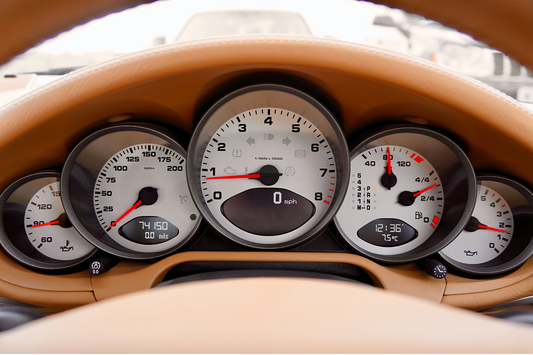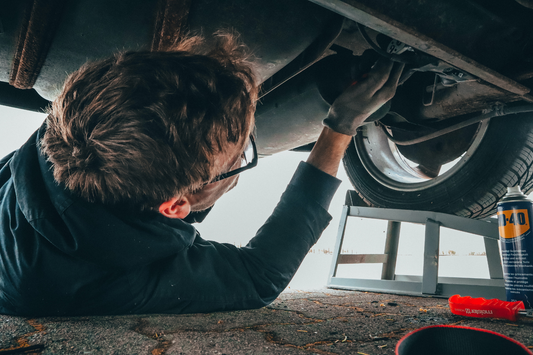When it comes to our vehicles, we often focus on the engine's power, the sleek exterior, and the latest technology inside. But there's one essential component that literally keeps us grounded: the tires. Car tires play a crucial role in ensuring safety, performance, and fuel efficiency. However, like any other part of your vehicle, they have a limited lifespan. In this blog, we'll explore the factors that influence the longevity of car tires and provide tips on maximising their lifespan.
How Long Should Car Tyres Last?
Car tires are designed to provide optimal performance within a specific lifespan, which is usually measured in kilometres or years. On average, car tires last around 40,000 to 80,000 kilometres, depending on several factors. However, it's important to note that the actual lifespan can vary significantly based on how and where you drive, as well as how well you maintain your tires.
Factors Affecting Tire Longevity
Driving Habits: Your driving habits have a significant impact on tire wear. Aggressive driving, such as sudden braking, hard acceleration, and sharp turns, can lead to faster tire wear. Smooth and cautious driving not only enhances safety but also extends tire life.
Road Conditions: The type of roads you frequently drive on can influence tire wear. Rough and poorly maintained roads can cause uneven wear patterns and reduce tire lifespan. Potholes, debris, and uneven surfaces can take a toll on your tires.
Alignment and Balance: Improper wheel alignment and balance can lead to uneven tire wear. Regular alignment checks and adjustments ensure that your tires wear evenly, extending their lifespan.
Tire Maintenance: Proper tire maintenance, such as regular rotations, balancing, and maintaining the correct air pressure, is crucial. Underinflated or overinflated tires wear out faster and can negatively impact fuel efficiency and handling.
Climate: Extreme weather conditions, such as intense heat or cold, can affect the rubber compounds in tires. Excessive exposure to UV rays and temperature fluctuations can cause the rubber to degrade, leading to reduced tire life.
Tread Depth: The tread on your tires is responsible for providing grip on the road. As the tread wears down over time, the tires become less effective at maintaining traction, especially in wet or slippery conditions. Checking the tread depth regularly is essential for safety.
Maximising Tire Lifespan
Here are some tips on keeping your tires in road-worthy condition for as long as possible.
Regular Inspections: Perform visual inspections of your tires to check for signs of wear, cuts, bulges, or punctures. Address any issues promptly to prevent further damage.
Proper Inflation: Maintain the recommended air pressure as indicated in your vehicle's owner's manual. Check tire pressure at least once a month and before long trips.
Rotate and Balance: Regularly rotate your tires to ensure even wear. Balancing your tires prevents vibrations and uneven wear patterns.
Wheel Alignment: Schedule regular wheel alignment checks and adjustments. Proper alignment helps prevent uneven tire wear and ensures your vehicle handles correctly.
Driving Habits: Drive smoothly, avoid sudden maneuvers, and brake and accelerate gradually. This not only increases safety but also extends tire life.
Car tires are not just rubber and tread – they are the foundation of your vehicle's safety and performance. By understanding the factors that influence tire longevity and implementing proper maintenance practices, you can make the most of your tires' lifespan. Remember, a well-maintained set of tires not only keeps you safe on the road but also contributes to better fuel efficiency and overall driving comfort. So, the next time you hit the road, appreciate the silent work your tires do beneath you, and take the necessary steps to keep them rolling smoothly for kilometres to come.




